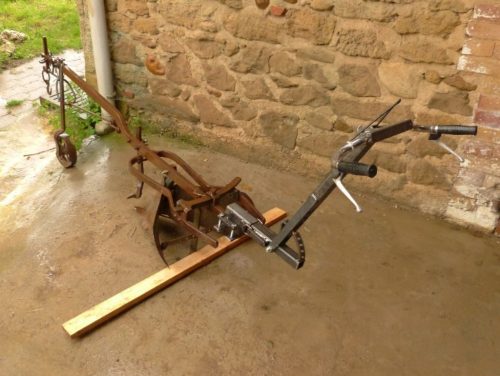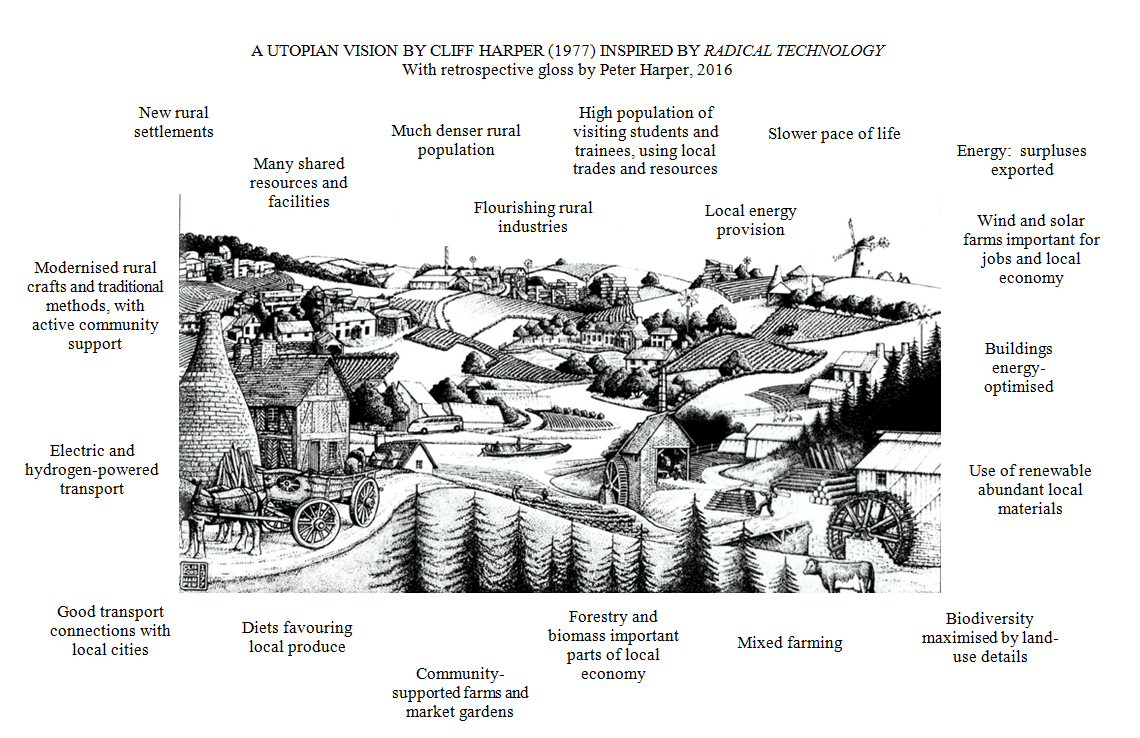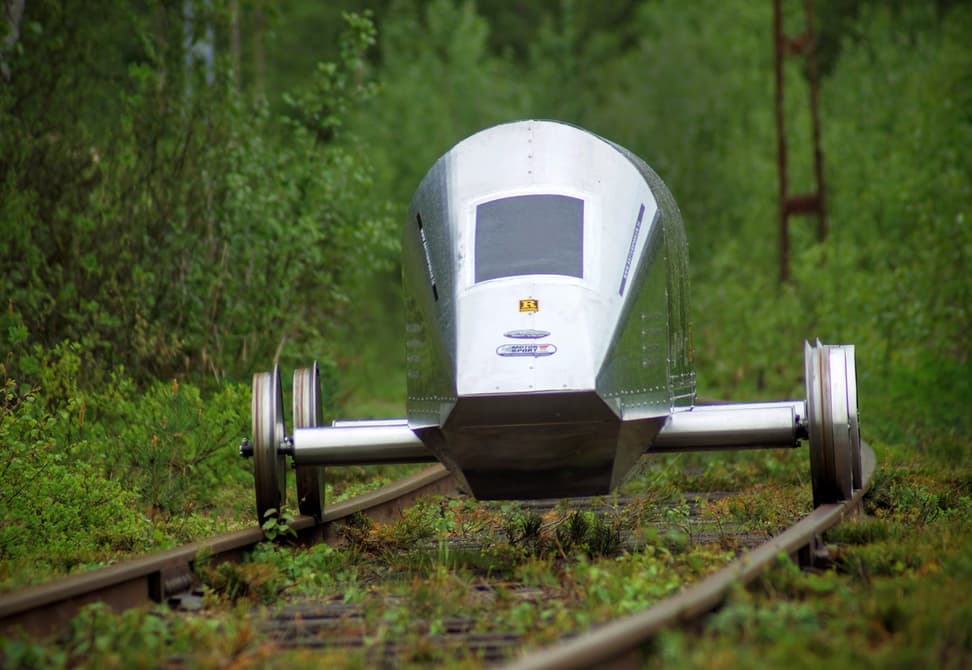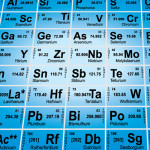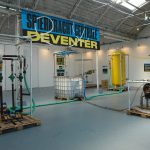“Vietnamese families living in slums along the Red River in Hanoi are using red plastic buckets and old printers to help light homes, cook meals and slash electricity costs by as much as a third. The recycled goods form the blades and motors of electrical generators that power old motorcycle batteries to illuminate lamps with a brightness equivalent to a 45-Watt light bulb. Though the output generated is small, it makes a significant difference for families previously denied power because they lived too far from a power station or had to ration supply because of the expense.”
More information at Reuters: Plastic buckets, broken printers shine light on Hanoi’s poor. Via Playground Magazine.
See all our low-tech windmill posts.
